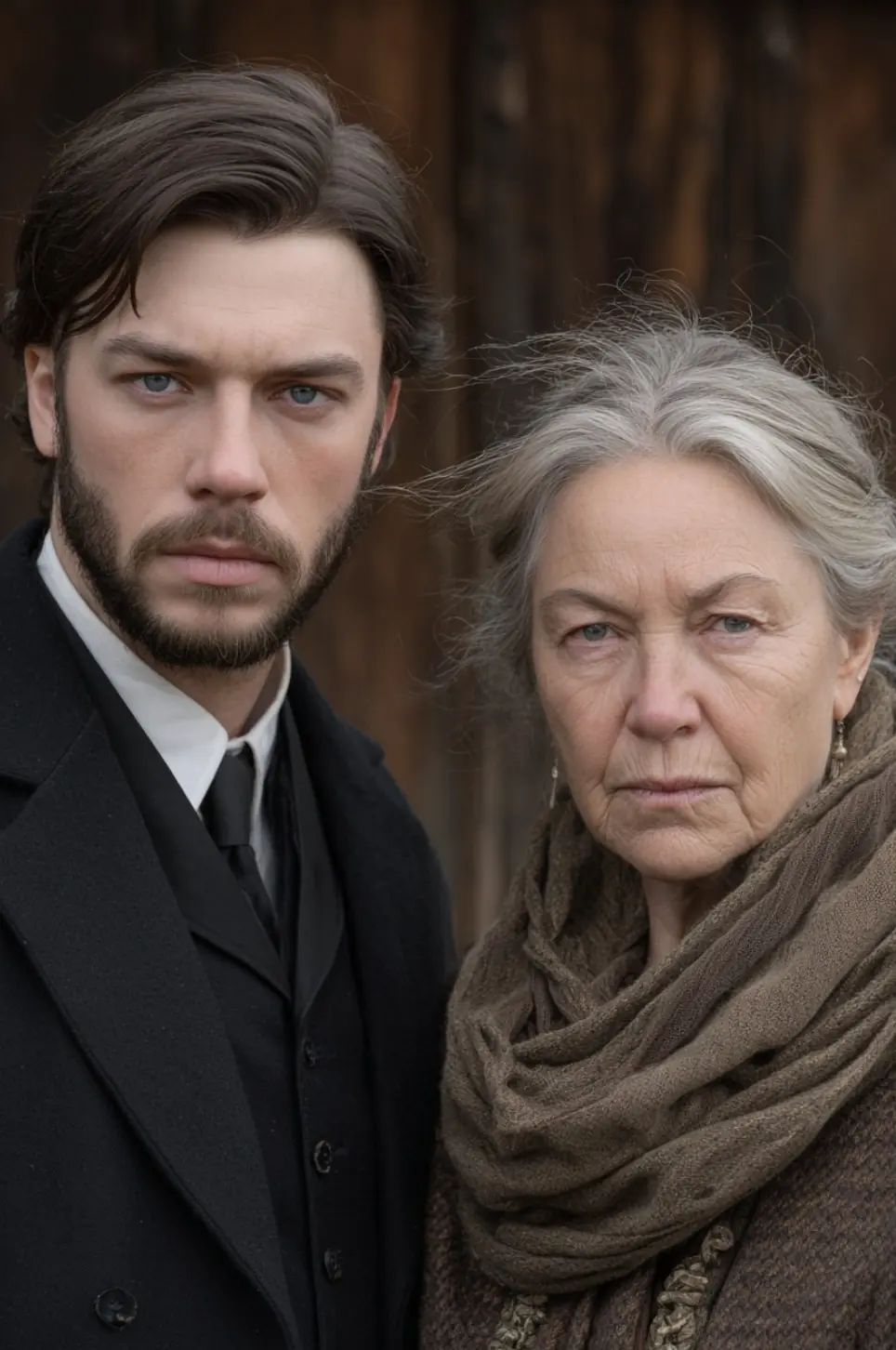
TV Star Claps Back at Trolls Over Her Māori Face Tattoo
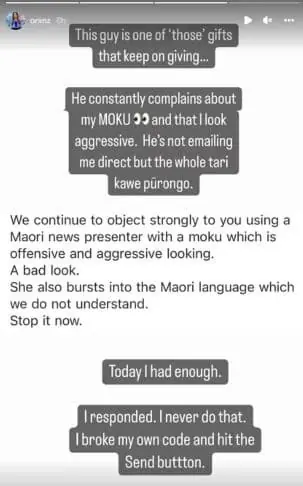
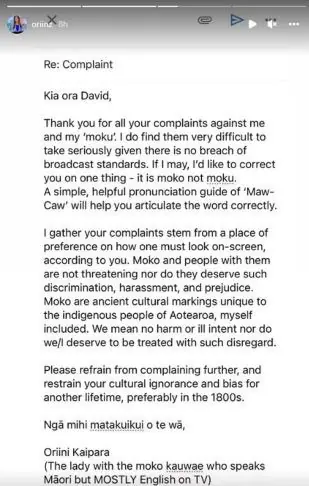
Facial tattoos, particularly those embedded in indigenous traditions, often ignite heated debates online. Some individuals believe that tattoos should remain on the body, while many others acknowledge and respect the cultural and ancestral significance they hold.
Oriini Kaipara, 41, made history as the first primetime news anchor in New Zealand to present with a moko kauae—the sacred chin tattoo worn by Māori women. As a presenter for Newshub, Kaipara has become a beacon of cultural pride and representation.
For Māori—the Indigenous Polynesian people of Aotearoa (New Zealand)—the moko kauae is much more than just a tattoo. It represents a woman’s whakapapa (genealogy), her leadership role, and her deep-rooted connection to her community and identity.
Despite widespread support, Kaipara recently received an offensive email from a viewer named David, who criticized her moko kauae and her use of te reo Māori on air. “We continue to strongly object to you using a Māori newsreader with a moko [moko] that appears aggressive and offensive,” he wrote. “It’s a bad look. She also uses Māori language, which we don’t understand. Stop it now.”
Kaipara, known for her professionalism and composure, chose to respond publicly for the first time—sharing the message on her Instagram story alongside her reply.
“Today I had enough. I responded. I never do that. I broke my own rule and hit send,” she wrote.
In her response, she politely corrected David’s spelling of moko and rejected his complaint, explaining that no broadcast standards were violated. She continued:
“I believe your concerns stem from your personal preference on how someone should appear on-screen. Moko and the people who wear them are neither threatening nor deserving of such discrimination, harassment, and prejudice. We mean no harm or ill intent, and we/I do not deserve to be treated with such disrespect.”
Kaipara concluded her response with a powerful line: “Please stop complaining, and leave your cultural ignorance and bias behind—preferably in the 1800s.”
Despite the hateful message, Kaipara emphasized that support far outweighs criticism. In a follow-up interview with the New Zealand Herald, she highlighted the significance of visibility: “The fact that my existence triggers some people is a testament to why we need more Māori advocates in key roles across all sectors.”
Kaipara’s calm yet powerful response serves as a reminder of the strength rooted in cultural pride—and the importance of standing strong against ignorance and prejudice. Her continued presence on national television inspires others to embrace their identities with confidence, unapologetically.
News in the same category


The real reason why nobody has ever found human remains inside the Titanic wreckage

1,000-year-old onion and garlic eye remedy kills MRSA

The Simpsons fans devastated as show 'kills off' one of the main characters for first time ever

NASA releases closest-ever images to the sun and everyone is asking the same thing

Secret CIA Documents Declare That The Ark Of The Covenant Is Real, And Its Location Is Known

Scientists Warn China-Identified Bat Virus Just One Mutation Away From Sparking Global Pandemic

EventsCalifornia On High Alert After Invasive Crab Capable Of Scaling 13-Foot Walls Discovered

Coca‑Cola Fires Back After Trump Claims He Switched The Coke Recipe

Modified Herpes Virus Shrinks Advanced Melanoma Tumors in Trials, Offering Fresh Hope Against Stubborn Skin Cancer

People are just realizing insane coincidence that links The Matrix and 9/11 tragedy

Former NASA boss makes heartbreaking admission about the future of US space travel

Why You Should Disconnect Your WiFi at Night And Sleep With Your Phone on Airplane Mode in Another Room
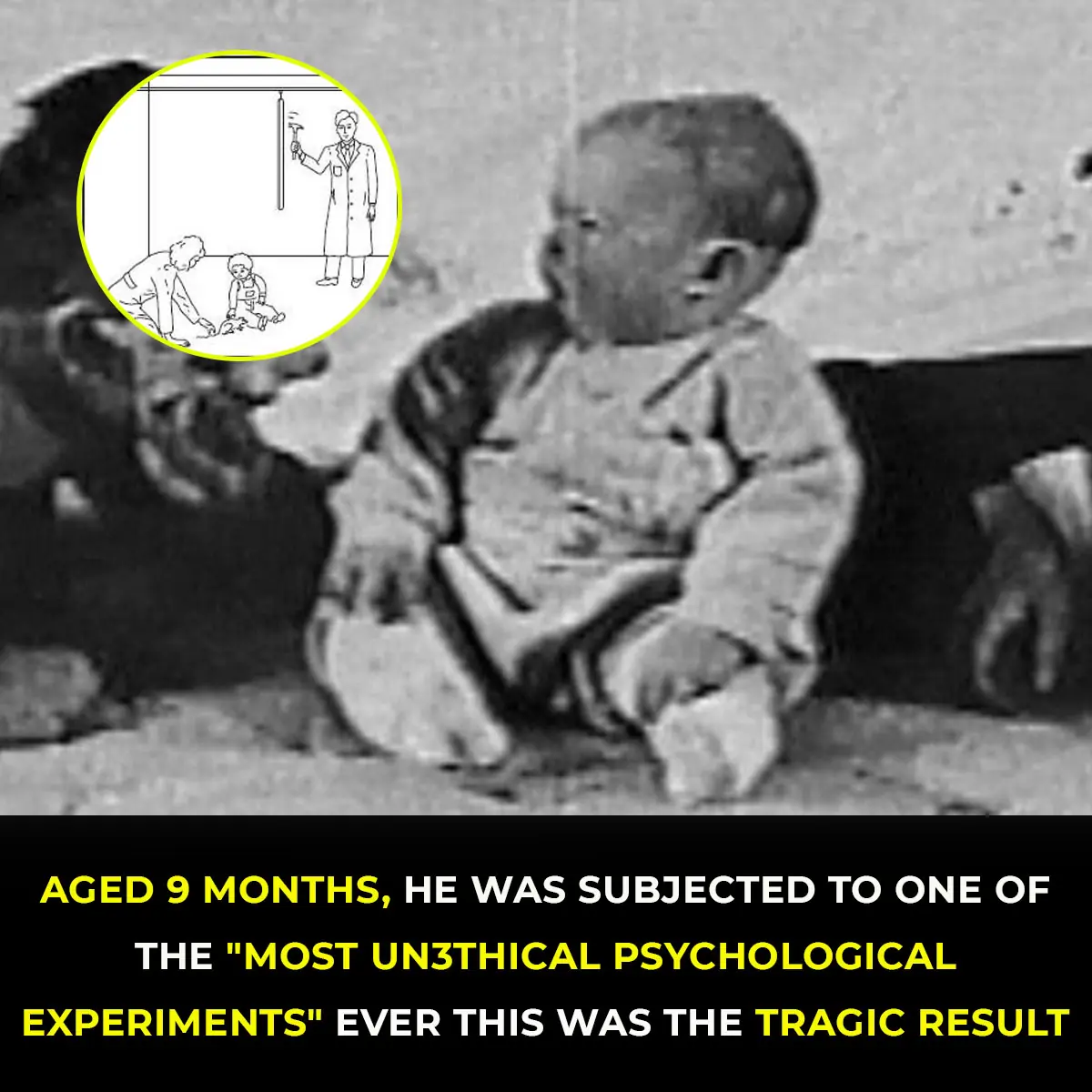
The Heartbreaking Fate Of ‘Little Albert’: Child Subject Of Historic Study Died At Just Six

Farmer Plants 1,000 Oak Trees to Create Memorial for Late Wife

Insane amount of money viral 'Storm Area 51' stunt cost the US military

Scientists explain 'puzzling blob' heading straight for New York City that's hidden 200 kilometers below our feet

Inside the Life of Australia’s Largest Clan: The Bonell Family

Guy Mocked for Dating 252-lb Woman
News Post

Proven Inflammatory Foods to Avoid According to Science

A Quiet Act of Kindness That Restored My Faith in Humanity.
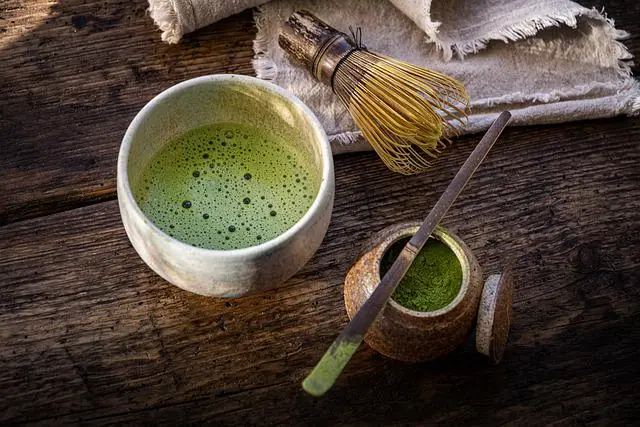
Proven Health Benefits of Matcha Green Tea: Weight Loss, Cancer and More (Evidence Based)

A Boy Named Shayden Just Wanted One Thing: A Friend — Can We Help?

Waking Up with Numb or Tingling Hands: What It Really Means (Science Based)

My MIL Kicked My 6-Year-Old Daughter Out of My Nephew’s 7th Birthday Party – When I Found Out Why, I Had to Teach Her a Lesson

One Day My FIL Snapped, 'Did You Forget Whose House You're Living In?' — I Felt Humiliated and Had to Str!ke Back

Amazon's forgotten $500,000,000 deal that 'killed' Toys 'R' Us in 'cruel' move

The real reason why nobody has ever found human remains inside the Titanic wreckage

My Parents Kicked Me Out for Refusing to Attend Their Dream College — Five Years Later, They Got a Lesson They’ll Never Forget

I Thought My Daughter Was Just Going Through a Phase, but Her Journal Exposed a Truth I Wasn't Ready for – Story of the Day
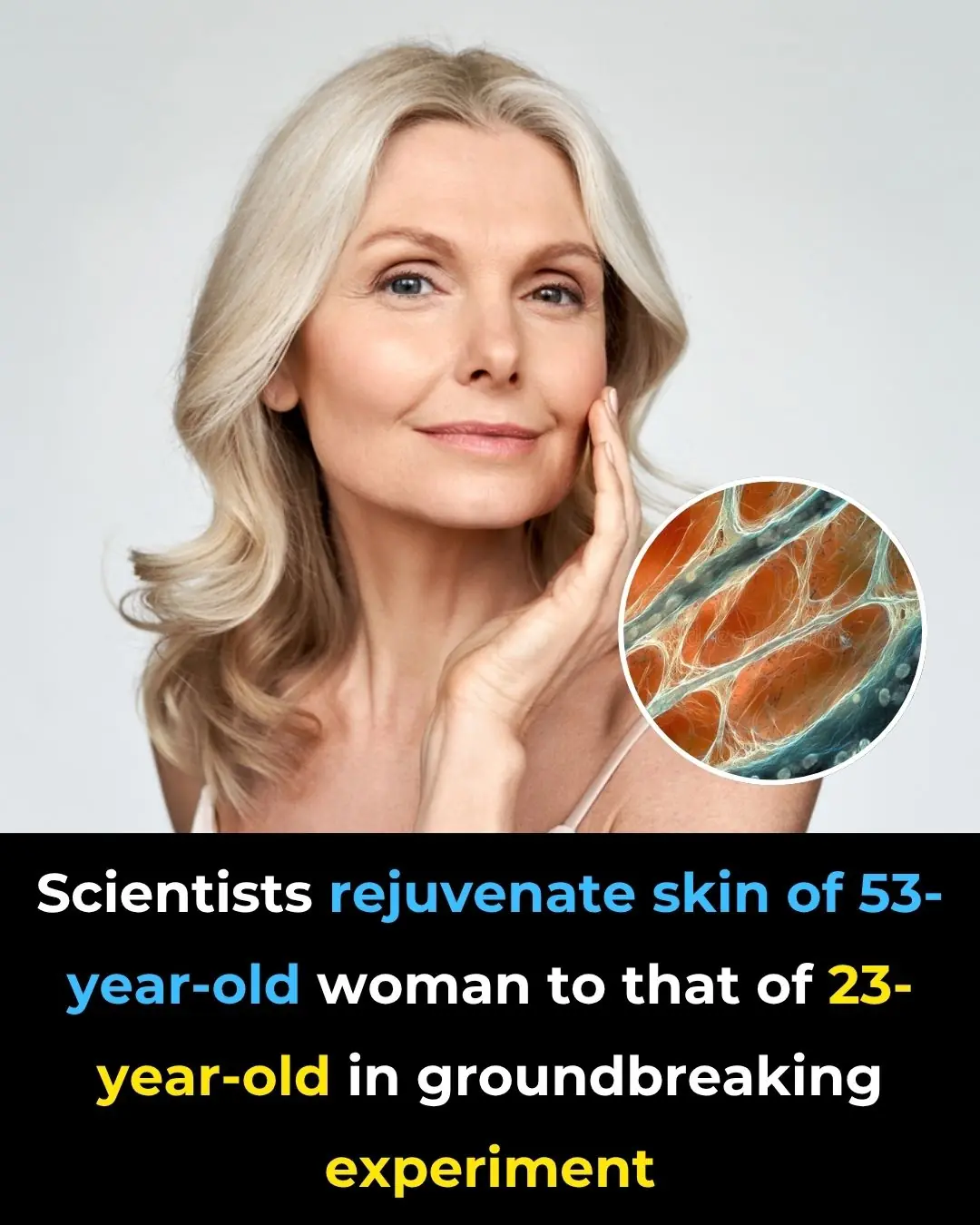
Scientists Reverse Aging of a 53-Year-Old’s Skin Cells to That of a 23

Thyroid Gland: How to Balance Its Hormones

Gluten Intolerance Warning: Eczema and Other Hidden Signs Revealed
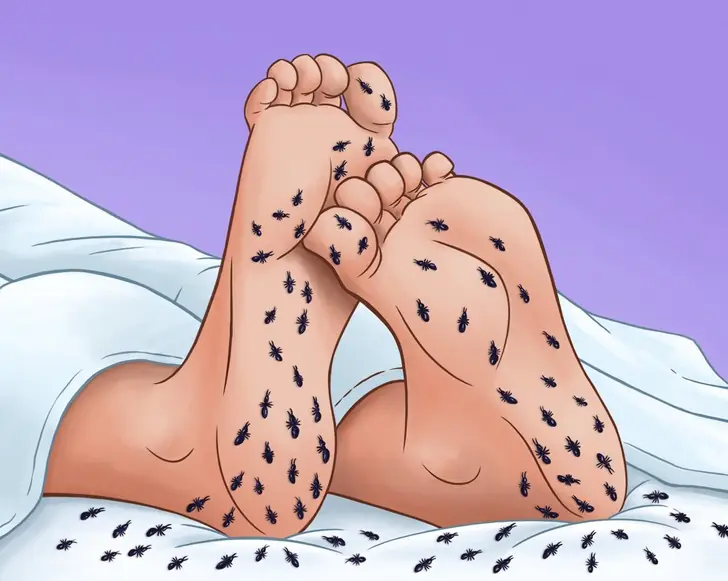
Your Body Is Begging You to Notice These High Blood Sugar Warnings

Research Reveals 12 Powerful Foods to Boost Your Brain, Improve Memory, and Make You Smarter

The Dog Who Never Ran Away Again.

Officer’s Quick Fix Turns Routine Call into a Viral Moment of Kindness.

My son brought a psychiatrist home to have me declared legally incompetent.
